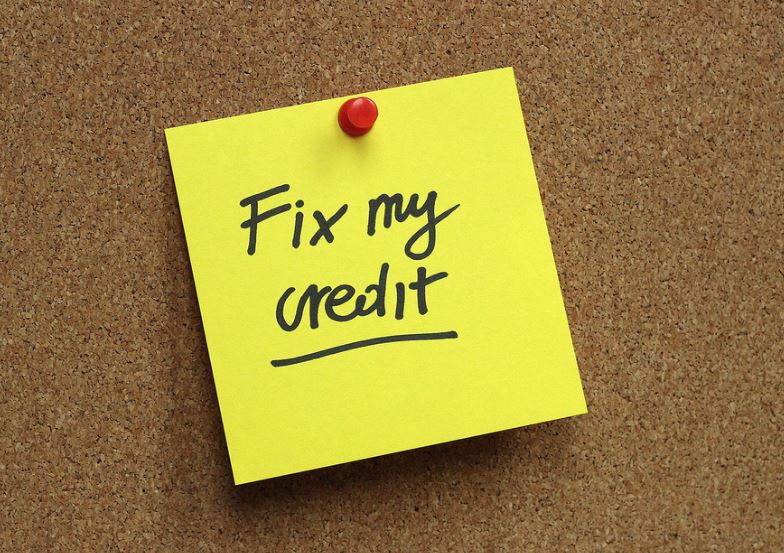Now more than ever, your credit score is being used as an indication to gauge how responsible you are. Your credit score can be a deciding factor when renting a house, condominium or an apartment. Some employers are now even looking into how well you manage your credit before they hire you.
It’s not a secret that lenders normally offer the lower interest rates and higher credit limits to those that present the lowest level of risk. Lower rates means lower monthly payments, which ultimately translate to more money in your pocket.
When it comes to your credit score, a minor oversight can instantly destroy what took years for you to build up. It’s important to stay on top of it to maintain it to ensure you will always have access to the best financial options.
Here are some simple tips that can help you maintain a solid credit as well as avoid excessive fees and interest rates.
1. Pay your balance in full.
This is the best way to manage your credit cards. It will not only save you money on interest charges, but it also demonstrates that you are able to live within your means. If you can’t pay the full balance, it’s important that you bring your balance down to the best of your ability, as the higher your balance is, the lower your credit score will be.
2. Maintain your balance below your credit limit.
Try to keep your balance below 30 -40 percent of your limit. This shows that you can manage credit and it also leaves credit available for emergencies. Set up periodic alerts from your financial institution to remind you of your current balance versus credit limit. They are usually free and you can choose how you prefer to receive them; email, SMS, Push Notifications.
3. Utilize free credit check services.
Now more than ever, financial institutions are offering free credit reports that are generated monthly, if you have a credit card open with the financial institution. Chase Bank and Capital One are a couple of examples. For most, the credit score can be accessed when you log into your account to pay your credit card bill, or view your balances. This way you can quickly glance at your credit score and see exactly which category (On-time Payments, Credit Utilization, Recent Inquiries, etc.) are hurting your score and where you need to improve.
4. Do not close out credit cards.
If you’re thinking of closing out a credit card that you no longer use anymore, think better of it. If you have other credit cards open with running balances, it’s best to not close out the account that you no longer use. Doing so can hurt your credit score. It’s better to leave the card open and just not use the card anymore. Depending on your total available credit, closing a credit card account with a high credit limit could hurt your credit score. This is especially true if you have high balances on your other credit card and loan accounts. The higher your Available Credit, the higher your credit score.
5. Always pay on time.
This may seem like an obvious one, but with so much going on in our lives a slip-up up may occur. Paying your bills on time is extremely important because it shows lenders that you are trustworthy. A score of 100% for your on-time payments can do wonders to your credit score, so make sure ALL bills are paid on time, EVERY month. Use Finovera to keep track of your Due Dates and Amount Dues and to get bill reminders.
For more ways on how you can maintain or get your credit to where you want it to be, check out the below article from Bankrate:
https://www.bankrate.com/personal-loans/bad-credit-loans/

